International observers have drawn two conclusions, which may not be new, but are consistent with the current world political situation. First, the West’s strategy of isolating Russia continues to prove a failure as Moscow still organizes a major national event with the participation of many countries, proving that Russia has not been eliminated from the global order. Second, the event reflects deep divisions within the international community, not only on current issues such as conflicts or energy security, but also on the understanding of history, especially the role of the Soviet Union in World War II.
This year’s event in Moscow commemorating the 80th anniversary of the victory over fascism has once again attracted attention not only because of its historical significance, but also because of the current political context that is strongly influencing how the world views the event. The presence of leaders and representatives from nearly thirty countries in Asia, Africa, Latin America and some European countries shows that, despite Western-led diplomatic isolation efforts, Russia still maintains certain channels of international cooperation.
From an international perspective, the event clearly reflects the divide in how countries view and respond to the same historical phenomenon. For Russia and many other countries that were once members of the Soviet Union or have deep historical ties to the anti-fascist struggle, May 9 still retains its symbolic value. Meanwhile, in many Western countries, the historical significance of the event is increasingly being placed in a new frame of assessment, where past symbols are often scrutinized by the current political context.
Western Response to Moscow: Limits to Influence and Unanswered Questions
The events in Red Square on May 9 raise the question: if the goal is to isolate Russia, why did some European leaders decide to attend official events in Moscow? Instead of creating a united response, the discord within Europe has become more evident than ever. It is worth noting that the response from some European countries, notably the Baltic states and, in some cases, Poland, has been more symbolic than substantive. The closure of their airspace to prevent the flights of Slovakian Prime Minister Robert Fico and Serbian President Aleksandar Vučić to Moscow has not only been controversial, but also demonstrated the limits of Brussels’ real political influence. Does the European Union (EU) not have more effective levers to influence member states and candidates such as Slovakia or Serbia? Technically, the instruments of pressure still exist and have not been abolished. In the case of Slovakia, the country continues to be one of the major beneficiaries of EU structural aid funds. Over the past two decades, Bratislava has received almost €40 billion from the EU budget, while its contributions over the same period were only around €16 billion, a difference that is enough to justify a certain level of financial dependence.
As for Serbia, since it was recognized as a candidate for EU membership in March 2012, Belgrade has received around €7 billion in various forms of EU funding. This shows that Serbia is in a unique situation: it is both a subject of European enlargement policy and maintains friendly relations with power centers outside the bloc, especially Moscow. In this context, the real question is not “why are some leaders going to Moscow”, but: why has the EU, with all its financial and institutional tools at its disposal, not been able to prevent such manifestations of policy dissent? And further, are actions such as airspace closures enough to maintain the bloc’s unity on major geopolitical issues, or are they, on the contrary, more clearly exposing the limits of Brussels’ influence over members who tend to act independently?
When national interests trump alliances
Similar questions were raised after the 16th BRICS summit in Kazan last October. While no EU representatives were present, Turkish President Recep Tayyip Erdogan, the leader of a NATO member state, was present. His presence was sure to irritate NATO leaders and the then-President Joe Biden administration, which was wary of any deviation from the bloc’s common position.
It is possible that Ankara has faced political and economic “threats”, but the reality shows that such pressures are not strong enough to stop President Erdogan. This is a typical example of an increasingly clear trend in the multipolar world: countries, including members of traditional alliances, are acting in their own interests, more flexibly and less dependent on collective pressure.
All of this points to a remarkable trend: bloc discipline in the traditional sense is clearly weakening in today’s global context. The hierarchies that shaped the post-Cold War world political order are becoming less effective at coordinating the behavior of member states. Instead, foreign policy decisions are increasingly based on specific interests and the flexibility of individual governments to enter temporary alliances around certain issues, rather than rigid adherence to a permanent bloc.
This means that the ability to control states that go against the current, whether they are “rebels”, “dissidents” or simply “independent” in their strategic choices, is becoming more limited. The world order is gradually shifting to a polycentric model, where autonomy and strategic flexibility become the decisive factors in the international behavior of states.
Today, situational multilateralism is gradually overtaking strategic multilateralism; flexible, issue-based approaches are increasingly taking precedence over long-term, institutional mechanisms of cooperation. Countries attending the BRICS summit in Kazan or the celebrations in Moscow can, and have, on several occasions, voted in favor of anti-Russian resolutions at the UN General Assembly.
Similarly, within NATO, there is a renewed sense of “bloc discipline” being questioned. Some previously quiet European members may openly express their misgivings if they believe Washington is moving too quickly to improve relations with Moscow, especially given the lack of tangible progress in the Russia-Ukraine conflict. The challenge to US leadership in NATO, even if it remains latent, is an inevitable consequence of an increasingly fragmented geopolitical environment.
Each person in a different direction, each work in a different alliance
Situational multilateralism, in essence, reflects the fact that states are increasingly less willing to commit themselves to long-term commitments, especially in contexts where the international situation can change rapidly and profoundly. In such an environment, maintaining autonomy in action is often preferred to long-term commitment to even promising multilateral cooperation mechanisms.
A prime example of this flexibility is the long and ambiguous interaction between BRICS and Saudi Arabia, which for almost a year was unclear about whether it would formally join or remain an extended partner within the BRICS+ framework. An even more glaring example is the case of Argentina. Under President Alberto Fernández, the country actively campaigned for BRICS membership, but just days after Javier Milei took office, the new administration reversed its position and announced that it would withdraw from the process.
Such examples show that in fluid political times, national priorities can change rapidly, and multilateral commitments are no longer as binding as they once were. This opens up opportunities for flexible cooperation models, but also poses a major challenge to the sustainability of existing multilateral structures.
World politics is entering a period of great volatility, where predictability is becoming increasingly difficult. Every international issue will require the formation of ad hoc alliances, rather than relying on long-term commitments. This new international environment requires countries, especially leading countries, to adjust their strategies flexibly and respond promptly to rapid change, in order to maintain influence in a context where old institutions are increasingly losing their effectiveness.
Hung Anh
Source: https://baothanhhoa.vn/le-ky-niem-ngay-chien-thang-tai-moscow-thong-diep-chinh-tri-giua-nhung-ran-nut-toan-cau-248437.htm


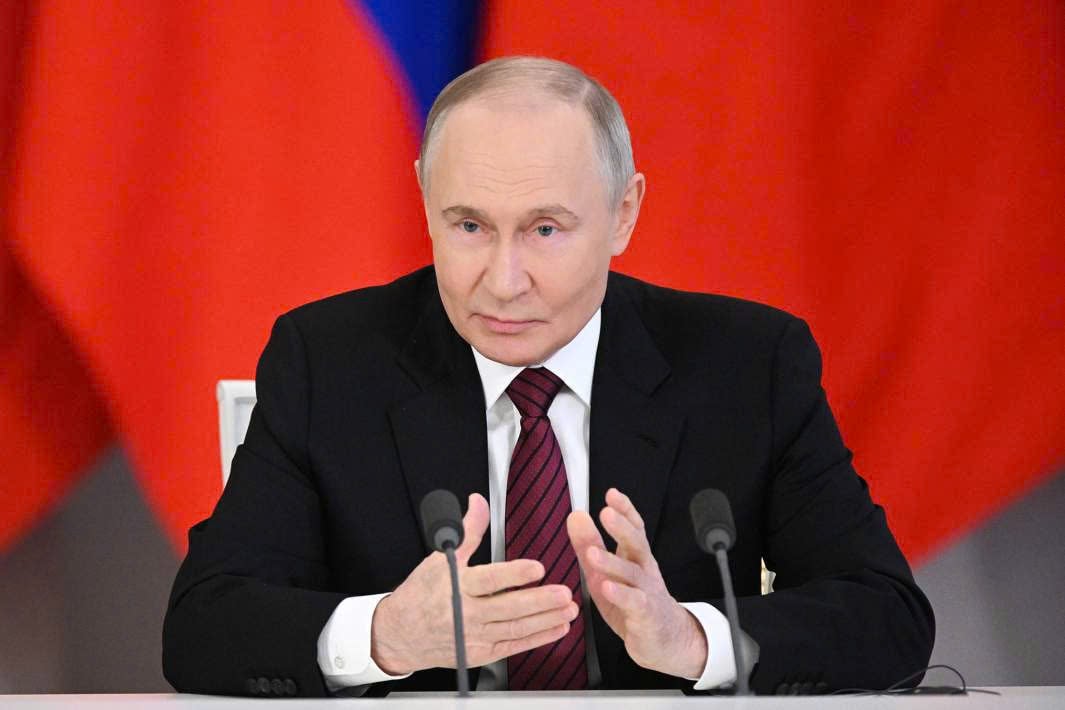
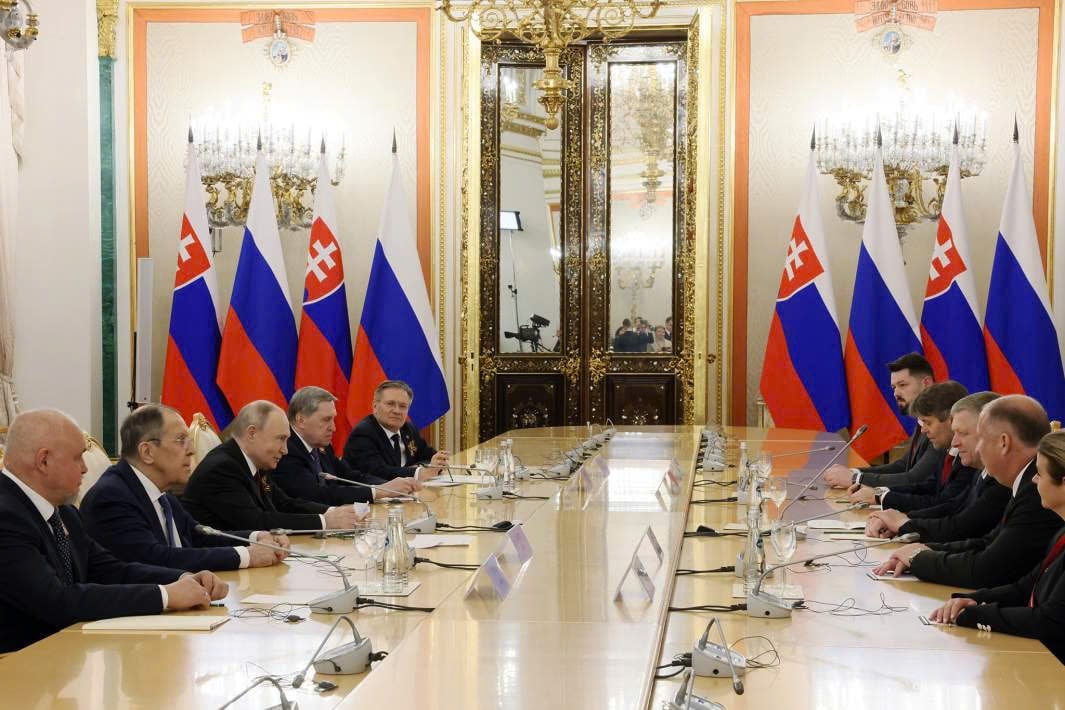
![[Photo] Anh Hoang - Dinh Duc successfully defended the men's doubles championship of the National Table Tennis Championship of Nhan Dan Newspaper](https://vphoto.vietnam.vn/thumb/1200x675/vietnam/resource/IMAGE/2025/5/23/d6ab3bcac02c49928b38c729d795cac6)




![[Photo] Top players gather at the 2025 Nhan Dan Newspaper National Table Tennis Championship](https://vphoto.vietnam.vn/thumb/1200x675/vietnam/resource/IMAGE/2025/5/23/9ad5f6f4faf146b08335e5c446edb107)




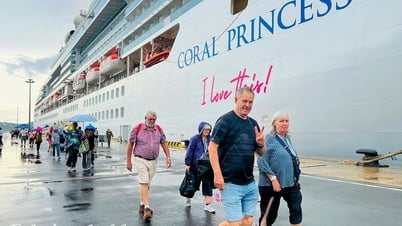































































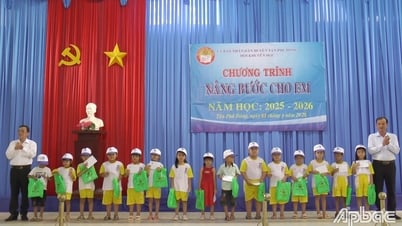

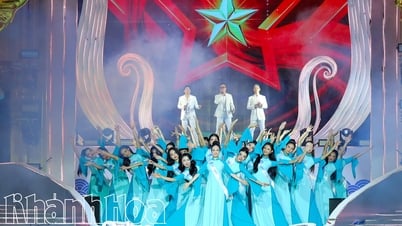

















Comment (0)